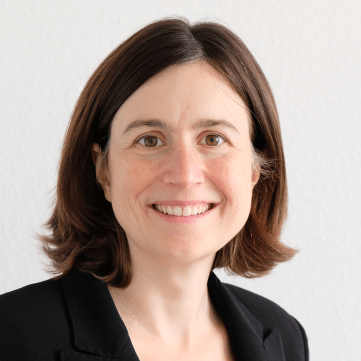Project description
Stimulus reactivity and craving are central mechanisms of addictive behavior that are reinforced by stress and can be influenced by automatic habits. This study investigates individual and situational factors, such as stress reactivity, stress susceptibility, habit propensity and glutamate metabolism, as modulators of stimulus reactivity in computer game and pornography use disorders. It consists of three parts: Magnetic Resonance Imaging (MRI), Ecological Momentary Assessment (EMA) and laboratory studies to assess the neural and behavioral aspects of stimulus reactivity and habits. The aim is to clarify the role of stress and neuronal habits in the development and maintenance of addictive behavior.
Information on the project
Study management: Prof. Dr. Stephanie Antons , Prof. Dr. Martin Diers (Clinic for Psychosomatic Medicine and Psychotherapy, LWL University Hospital Bochum of the Ruhr University Bochum), Prof. Dr. Oliver T. Wolf (Cognitive Psychology, Ruhr University Bochum)
Further collaborators: Kjell Büsche (Center for Behavioral Addiction Research (CeBAR), C-TNBS, University Hospital Essen), Lukas Mallon (Clinic for Psychosomatic Medicine and Psychotherapy, LWL-University Hospital Bochum of the Ruhr-University Bochum)
Funding institution: German Research Foundation (DFG)
Funding line: Project in DFG research group
Project number: FOR2974, 411232260
Funding period: 2024-2027
